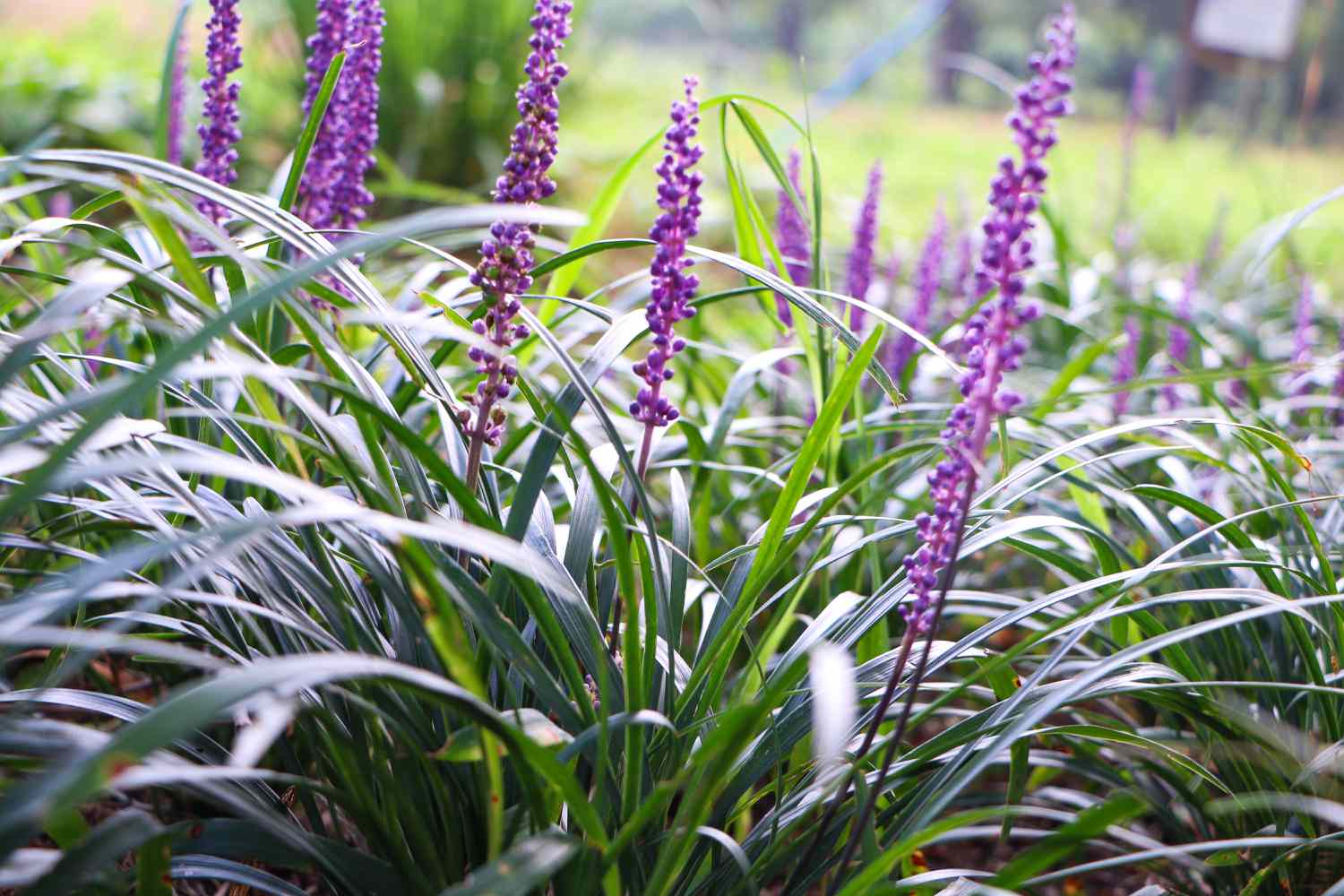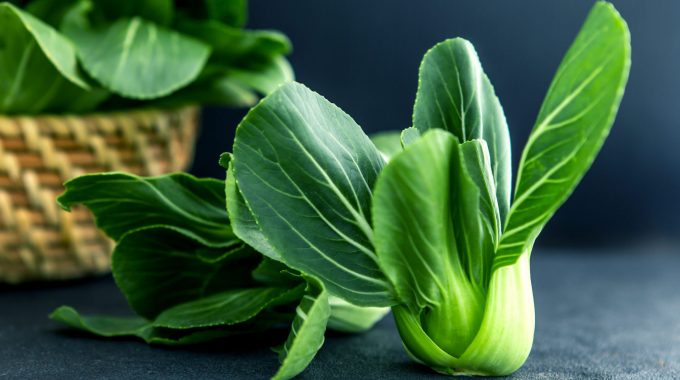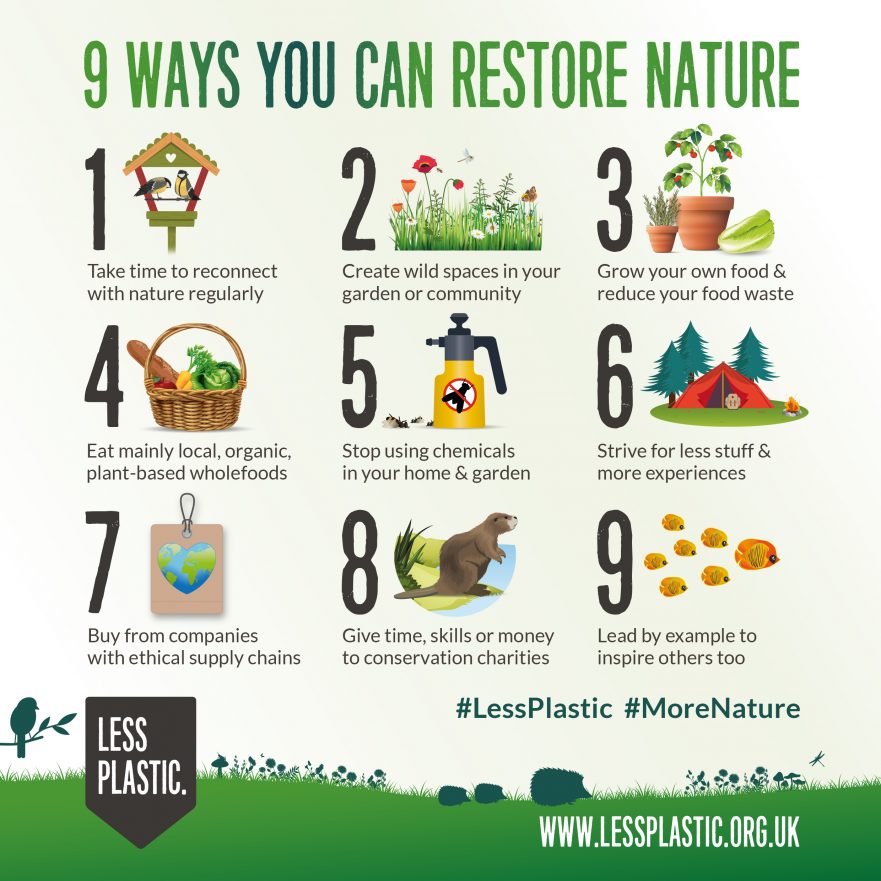Creating a Sustainable Garden: Simple Tips to Support Nature’s Balance. Discover easy ways To create a sustainable garden that promotes nature’s harmony. Learn simple tips & tricks for supporting wildlife while enjoying The beauty of your outdoor space. Start your journey To a more eco-friendly & balanced garden today!
Creating a Sustainable Garden
A sustainable garden not only benefits The environment but also brings beauty & tranquility To your outdoor space. By creating a garden that supports nature’s balance, you can help conserve biodiversity, promote pollinators, & reduce your ecological footprint. In this article, we will explore simple tips & practices To help you create a sustainable garden that thrives with life.
The Importance of Creating a Sustainable Garden
Creating a sustainable garden is essential for preserving ecological balance & promoting biodiversity. With increasing environmental concerns, our outdoor spaces play a crucial role in supporting & protecting nature. By implementing sustainable gardening practices, we can provide a habitat for wildlife, conserve water, reduce chemical usage, & minimize waste.
1. Native Plants
One of The key aspects of a sustainable garden is The use of native plants. Native plants are adapted To The local climate & require less water, fertilizer, & pesticides. They also provide habitat & food for native wildlife. By incorporating a variety of native plants in your garden, you can support local ecosystems & contribute To The preservation of biodiversity.

When selecting plants for your garden, consider their suitability for The climate & soil conditions in your area. Native plants not only require less maintenance but also contribute To The overall health & balance of your garden.
For more information on selecting native plants, you can refer To The National History Museum’s guide.
2. Organic Gardening
Embracing organic gardening practices is another important step towards creating a sustainable garden. By avoiding The use of synthetic fertilizers, pesticides, & herbicides, you can minimize harm To beneficial insects, soil organisms, & other wildlife.
Instead, opt for natural alternatives like compost, mulch, & companion planting To enrich The soil & control pests. Organic gardening not only promotes healthy plant growth but also protects The environment & human health from harmful chemicals.
3. Water Conservation
Water is a precious resource, & conserving it should be a priority in your sustainable garden. Install rainwater harvesting systems To collect water for irrigation purposes. Use drip irrigation or soaker hoses To minimize water loss through evaporation.
Another effective technique is To group plants with similar water needs together. This practice, known as hydrozoning, ensures efficient water usage & prevents water wastage. Additionally, consider using native plants that are well-adapted To The local climate & require less watering.
4. Wildlife-Friendly Features
Creating a sustainable garden involves providing a welcoming environment for wildlife. Incorporate wildlife-friendly features such as bird feeders, nesting boxes, & butterfly gardens To attract & support beneficial creatures.
Include a variety of plants that offer food, shelter, & nesting opportunities for birds, butterflies, bees, & other pollinators. Adding water sources like bird baths or small ponds can also attract a diverse range of wildlife To your garden.
To learn more about wildlife-friendly gardening, you can refer To The WWF’s guide.
5. Composting & Waste Reduction
Composting is a sustainable practice that reduces waste & enriches The soil with valuable nutrients. Use kitchen scraps, yard waste, & fallen leaves To create compost. This nutrient-rich compost can then be used To feed your plants, eliminating The need for synthetic fertilizers.
Additionally, reduce waste by opting for sustainable gardening materials such as biodegradable pots & organic mulch. Avoid using single-use plastics or disposable products in your garden.
6. Integrated Pest Management
Integrated Pest Management (IPM) is a holistic approach To pest control that minimizes The use of harmful chemicals. By implementing IPM techniques, you can manage pests while minimizing harm To beneficial insects & The environment.
Encourage natural pest predators like ladybugs & birds, use barriers & traps, & practice crop rotation To prevent pest infestations. Regular monitoring & early intervention are key To successfully implementing IPM in your garden.
My Personal Experience in Creating a Sustainable Garden
As a passionate gardener, I have always strived To create a sustainable & wildlife-friendly garden. By incorporating native plants, implementing organic gardening techniques, & providing wildlife habitats, I have witnessed an increase in biodiversity & a thriving garden ecosystem.
By following The tips mentioned in this article, you too can create a sustainable garden that not only enhances The beauty of your surroundings but also supports The delicate balance of nature.
Creating a Sustainable Garden: A Harmonious Haven for Nature
In conclusion, creating a sustainable garden is an opportunity To contribute positively To The environment while enjoying The beauty & tranquility of nature. By implementing simple tips like using native plants, practicing organic gardening, conserving water, supporting wildlife, reducing waste, & implementing integrated pest management, you can play a vital role in preserving biodiversity & promoting a sustainable future.
Creating a Sustainable Garden: Simple Tips to Support Nature’s Balance

What is a sustainable garden?
A sustainable garden is a garden that is designed & maintained in a way that promotes & supports nature’s balance. It is a garden that is environmentally friendly, uses minimal resources, & creates a habitat for birds, butterflies, & other wildlife.
Why is creating a sustainable garden important?
Creating a sustainable garden is important because it helps To protect & preserve The environment. By using organic gardening methods, conserving water, & planting native species, we can reduce our impact on The ecosystem & create a healthy & vibrant garden that benefits both us & nature.
How can I start creating a sustainable garden?
To start creating a sustainable garden, you can begin by assessing your site & soil conditions. Consider The amount of sunlight, soil type, & drainage of your garden. Next, choose native plants that are well-suited To your region & can thrive in your specific conditions. Avoid using synthetic fertilizers & pesticides, & instead opt for organic alternatives. Finally, conserve water by using mulch, collecting rainwater, & using drip irrigation methods.
What are some simple tips for maintaining a sustainable garden?
– Practice regular composting To reduce waste & improve soil fertility.
– Use organic pest control methods, such as companion planting & attracting beneficial insects.
– Minimize The use of chemical fertilizers & instead focus on improving soil health naturally.
– Conserve water by watering deeply & infrequently, & by utilizing water-saving techniques like mulching & drip irrigation.
– Encourage biodiversity by planting a variety of native plants that attract pollinators & provide habitats for wildlife.
– Avoid using gasoline-powered tools & opt for manual or electric-powered alternatives whenever possible.
How can a sustainable garden benefit The environment?
A sustainable garden benefits The environment in several ways:
– By planting native species, it helps To support local biodiversity & preserve native habitats.
– It reduces The need for synthetic fertilizers & pesticides, which can harm beneficial insects & pollute waterways.
– It conserves water by using efficient irrigation methods & reducing runoff.
– It can serve as a carbon sink, helping To mitigate climate change by storing carbon dioxide in The soil.
– It provides habitats for birds, butterflies, & other wildlife, contributing To The overall health of ecosystems.
Can I create a sustainable garden in a small space?
Absolutely! Sustainable gardening practices can be applied To gardens of all sizes, including small urban spaces. Container gardening, vertical gardening, & utilizing small raised beds are all great options for creating a sustainable garden in a limited space. Focus on planting native species, using organic practices, & conserving water To make The most of your small garden area.

Creating a Sustainable Garden: Simple Tips To Support Nature’s Balance
When it comes To gardening, creating a sustainable garden is an excellent way To support nature’s balance & contribute To The environment. By implementing a few simple tips, you can not only beautify your outdoor space but also provide a habitat for wildlife & promote biodiversity. In this article, we will explore some key practices & techniques that can help you create a sustainable garden.
The Importance of Native Plants
One of The fundamental principles of a sustainable garden is The use of native plants. Native plants are adapted To The local climate, soil conditions, & wildlife, making them a valuable resource for insects, birds, & other animals. By incorporating native plants into your garden, you can attract beneficial insects, such as butterflies, bees, & ladybugs, which play a vital role in pollination & pest control.
Additionally, native plants require less water, fertilizer, & pesticides compared To exotic species, making them more environmentally friendly. They have evolved To thrive in The local ecosystem & often have deep root systems that help prevent erosion & improve soil health.
To learn more about native plants & their benefits, visit GardenBeta.
Cultivating Healthy Soil
The health of your garden largely depends on The quality of your soil. Instead of relying on chemical fertilizers, consider methods To improve your soil naturally. Composting is an excellent way To recycle organic waste & create nutrient-rich soil amendments. By composting kitchen scraps, yard trimmings, & other organic materials, you can enrich your soil with essential nutrients & improve its structure.
Another sustainable soil practice is mulching. Mulch helps To conserve moisture, suppress weeds, & regulate soil temperature. Organic mulches, such as shredded leaves, grass clippings, or wood chips, can gradually decompose & improve soil fertility over time.
By cultivating healthy soil, you create a foundation for a thriving garden ecosystem.
Water Conservation Techniques
Water conservation is an essential aspect of sustainable gardening. By using water wisely, you can reduce your water consumption & minimize The environmental impact.
One technique is To install a rainwater harvesting system. This system collects rainwater from your roof & stores it for later use in watering your garden. Not only does this help conserve water, but it also reduces The demand on municipal water supplies.
Additionally, consider using drip irrigation or a soaker hose instead of overhead sprinklers. These methods deliver water directly To The plant’s roots, reducing evaporation & ensuring efficient water usage.
For more tips on water conservation in The garden, refer To this informative article by Woodland Trust.
Creating Wildlife Habitats
A sustainable garden should provide a welcoming environment for wildlife. By creating habitats, you can attract a wide variety of birds, insects, & small mammals.
Planting trees & shrubs that provide food & shelter is a fantastic way To support wildlife. These plants can offer berries, seeds, or nectar, attracting birds & insects. Additionally, consider leaving a small area of your garden untamed, with long grass & fallen branches, To provide a hiding place for animals.
Another important factor is To avoid The use of pesticides. Chemical pesticides not only harm pests but also beneficial insects & The overall ecosystem. Instead, try natural pest control methods like companion planting, encouraging predator insects, & using organic pest control solutions.
For more information on making your garden wildlife-friendly, check out this insightful article by Growing Family.
Comparison: Creating a Sustainable Garden vs. Conventional Gardening
Let’s compare The key aspects of creating a sustainable garden with conventional gardening:
| Aspect | Creating a Sustainable Garden | Conventional Gardening |
|---|---|---|
| Plant Selection | Native plants, biodiversity | Exotic plants, monoculture |
| Soil Management | Composting, organic mulching | Chemical fertilizers, synthetic mulching |
| Water Usage | Rainwater harvesting, efficient irrigation | Municipal water supply, overhead sprinklers |
| Wildlife Support | Habitat creation, natural pest control | Loss of habitat, chemical pesticides |
As you can see, creating a sustainable garden prioritizes environmental stewardship & promotes a balanced ecosystem, while conventional gardening often relies on synthetic inputs & practices that can have detrimental effects on The environment.
In conclusion, by implementing these simple tips & practices, you can play a significant role in creating a sustainable garden that supports nature’s balance. Through The use of native plants, cultivating healthy soil, conserving water, & creating wildlife habitats, you can create a beautiful & environmentally friendly garden that benefits both you & The local ecosystem. So why not get started today & make a positive impact on The planet with your sustainable garden?
My Personal Experience: During my journey To create a sustainable garden, I was amazed by The positive impact it had on The local wildlife. The vibrant colors of native flowers attracted butterflies & bees, while The lush greenery provided a sanctuary for birds. It was truly rewarding To witness nature’s balance & know that I was contributing To The well-being of The ecosystem.
Conclusion
In conclusion, creating a sustainable garden is a wonderful way To support nature’s balance & contribute To a healthier environment. By following some simple tips, anyone can transform their garden into a thriving ecosystem that benefits both humans & wildlife.
First & foremost, it is crucial To use organic & natural gardening methods. Avoid The use of harmful chemicals & pesticides that can be detrimental To The ecosystem. Instead, opt for natural alternatives, such as compost & organic fertilizers, which promote soil health & biodiversity.
Another important aspect of sustainable gardening is water conservation. Implementing techniques like drip irrigation, collecting rainwater, & mulching can significantly reduce water usage & prevent wastage. Additionally, grouping plants with similar watering needs can help optimize water resources & prevent excessive use.
Furthermore, incorporating native plants into your garden can have a positive impact on local biodiversity. Native plants provide food & shelter for local wildlife, attracting beneficial insects & birds that contribute To pollination & pest control. By creating a habitat for these creatures, you are fostering a healthy & balanced ecosystem within your garden.
Lastly, consider practicing proper waste management by recycling & composting. This reduces The amount of waste that ends up in landfills & provides nutrient-rich compost for your garden. By actively participating in these sustainable practices, you are reducing your carbon footprint & contributing To a greener future.
Creating a sustainable garden does not have To be complicated or time-consuming. By adopting these simple yet effective tips, you can make a positive impact on The environment while enjoying The beauty & benefits of a flourishing garden. So, let’s take a step towards a more sustainable future by nurturing our gardens in harmony with nature.
